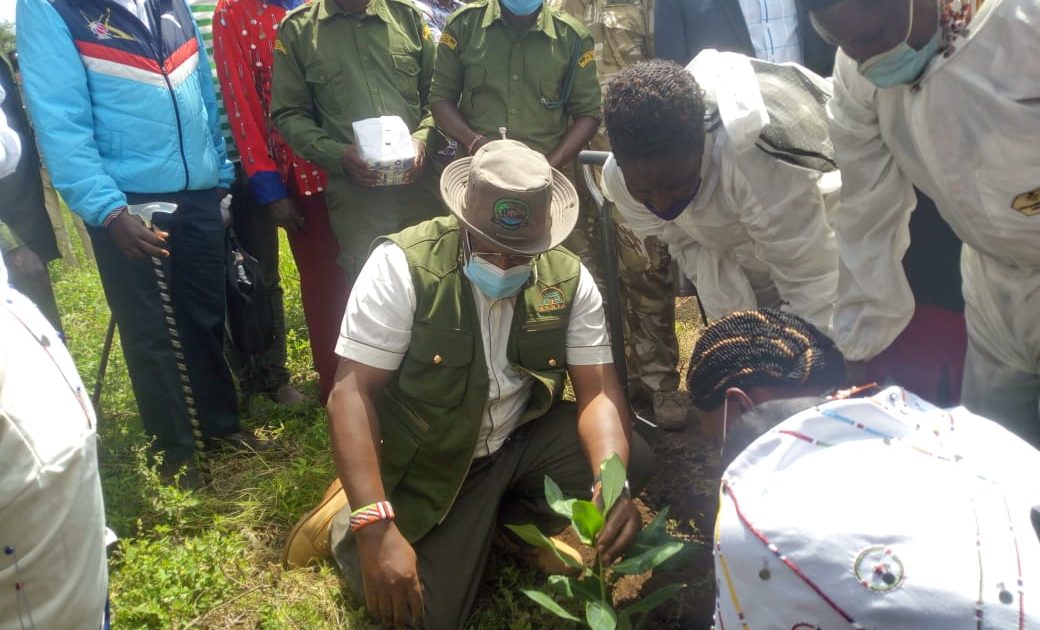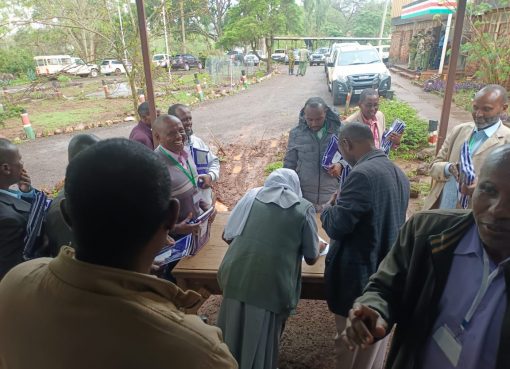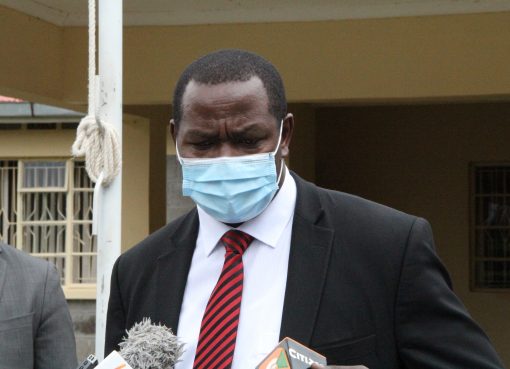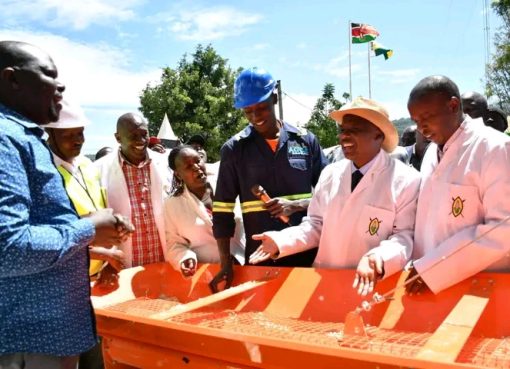Human activity remains one of the greatest threat to biodiversity in Kenya and across the world, Environment Cabinet Secretary (CS), Keriako Tobiko said.
Speaking in Kajiado, during celebrations to mark the International day of Biodiversity 2021, Tobiko noted that encroachment of habitats, ecosystem degradation, illegal trade in wildlife and timber products as well as poor waste disposable are some of the key challenges impeding Kenya’s progress in sustainable use of biodiversity.
“Humanity is exerting extreme pressure on biodiversity which has delayed the attainment of Global biodiversity targets that we set out in 2010 to be achieved by 2020. Yet we know very well that at least 40 per cent of the world’s economy and 80 per cent of the needs of the rural people are derived from biological resources,” he said.
The CS said Kenya is abundantly endowed with biodiversity and this has direct and indirect benefits to livelihood support systems of local communities and the country’s socio-economic development.
He emphasized that sustainable use of biodiversity and ecosystem services is not only the key to economic development but also important to human advancement.
“We are part of the solution, we all have a role to play in defending the biodiversity that we depend on. We must collectively allow nature to heal, restore and recover in order for it to continue providing essential goods and services that support life on earth,” said the CS.
Tobiko further revealed that Kenya has put in place a range of interventions to tackle biodiversity loss such as an ambitious action plan that aims to halt the loss of iconic plant and animal species since the country is a nature-based economy, with natural resources supporting 80 per cent of the economy.
He said Kenya has firmly anchored the sustainable biodiversity conservation and management into the country’s blue print for development Kenya Vision 2030 and the current government big 4 development agenda.
“As a mega diverse country our commitment to the biodiversity is unwavering. We acknowledge that the Sustainable Development Goals and Agenda 2030 cannot be realized if we don’t address the challenge of biodiversity loss,” he said.
The CS added that biodiversity also plays a major role in climate change adaption through the provision of a variety of genetic materials that can be used to develop crops that can cope with extreme climatic conditions and mitigation through carbon sequestration by the different ecosystems.
He revealed that 1.8 billion trees will be planted in an effort to conserve biodiversity hotspots in the country, thus reverse biodiversity loss.
As part of celebrations to mark the International Biodiversity Day, the CS toured projects at the Nasaru Olosho Conservancy supported by the Ministry of Environment and Wild Wildlife Fund (WWF)-Kenya that are aimed at promoting establishment of community nature-based solutions to enhance management and protection of biodiversity outside protected areas.
By Rop Janet





